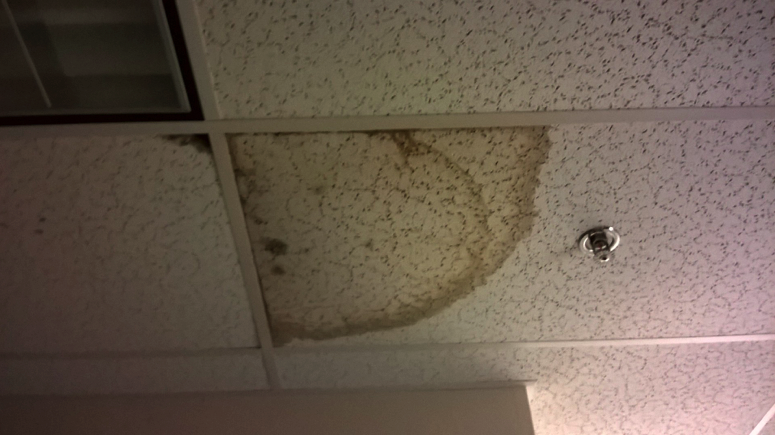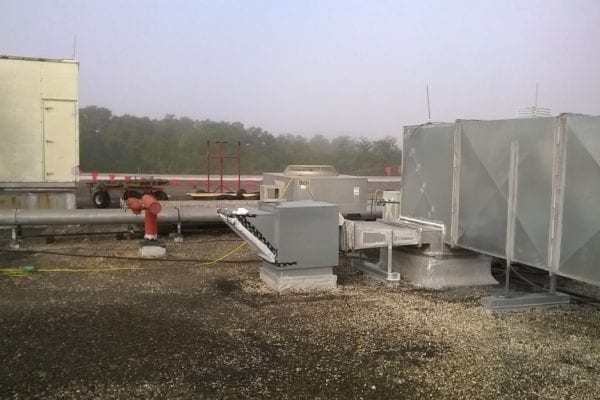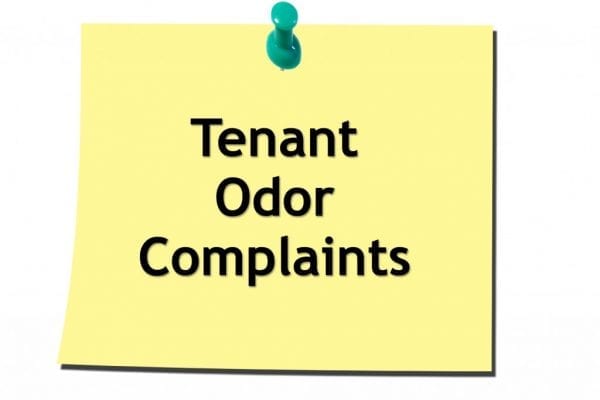Mold is problematic for any property owner. It can cause allergic reactions, respiratory problems and other health risks for a building’s occupants. It can sometimes be an early warning sign of structural issues that can lead to extensive problems, if not addressed quickly.
If you suspect you have a water-intrusion or mold problem, start with a DIY assessment using these guidelines. If that doesn’t yield a definitive answer, then you may need to hire a mold assessor who can understand and identify the problem, and provide a solution. Here’s what to look for when hiring a mold assessor.
Regulatory Compliance
First and foremost, check that the assessor is compliant with all state regulations. Some states do not have state-specific legislation in place, while others, like Georgia and Arkansas, are considering it. Other states, like Florida and Texas, have very specific requirements.
Chapter 468, Part XVI of the Florida Statutes, for instance, outlines that mold assessors and remediators must be licensed by the Department of Business and Professional Regulation, and possess a state-issued mold assessor license. Further, they must meet specific education guidelines, and stay current with continuing education credits. Florida assessors must also carry adequate insurance coverage.
Regardless of your state’s official regulations, choosing an assessor who meets these minimum criteria is good practice and shows credible due diligence.
Continuing Education
Mold assessment and abatement approaches, technologies, and codes are constantly changing. Staying up to date on the latest, while refreshing knowledge of the basics, is critical to an assessor’s ability to effectively serve clients. Expect your mold assessor to stay current with at least 14 hours of continuing education every two years.
Insurance
Look for your mold assessor to maintain general liability and errors and omissions insurance coverage for both preliminary and post-remediation mold assessment, in the amount of at least $1 million.
Speed
In order to prevent health problems, and stop the further spread of mold growth or property damage, you want an assessor who can get on site as quickly as possible. Within 48 hours is ideal.
Experience
Experience is perhaps the most important criteria for a mold assessor. Consider both the length of experience as well as breadth. For example, while experience in assessment itself is critical to correctly identifying the immediate problem, experience with remediation can help in solution design. Experience in construction will help your assessor to understand the structural problems that may be contributing, as well as the potential cost of reconstruction. Owners of commercial properties will want an assessor with experience in understanding the unique design characteristics of commercial buildings, which are different from those of residential settings.
Indoor mold can be a warning sign that an area of the building is experiencing water intrusion or not properly ventilated, leading to excessive moisture. The more the assessor understands the full cycle of assessment and remediation, and the impacts of each, the more complete of a diagnosis they can give you.
GLE has been successfully performing Mold Assessment services, from assessment to the design of remediation, for over 26 years. If it turns out to not be mold but some other Indoor Air Quality (IAQ) issue, we have the expertise to address that as well. In addition to our state-licensed mold assessors, GLE has in-house Certified Industrial Hygienists (CIHs), numerous licensed architects, and a team of professional engineers capable of assisting you with any IAQ issues that you may face. GLE’s expertise across multiple disciplines allows us to not only assess and identify the problem, but also provide cost-effective, workable solutions.






